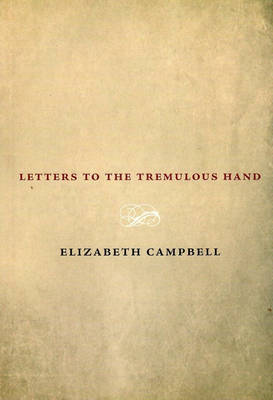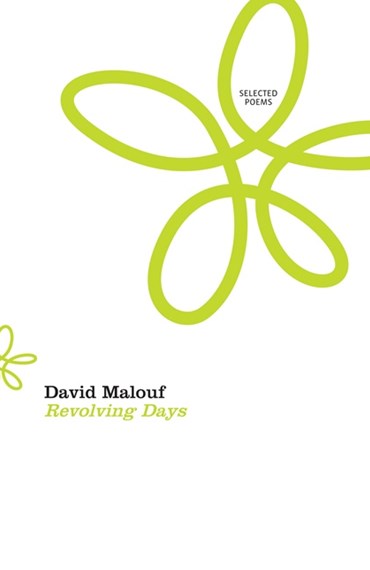Poetry
Letters to the Tremulous Hand by Elizabeth Campbell & Man Wolf Man by L.K. Holt
Seen from that famous ray of light
Discharging from the town hall tower
On the last stroke of noon,
The hands would stand forever at that hour
As though the holocaust of blinding white
That set it all in train,
When present, past and future were triune,
Were come again,
The endless now on which the blessed take flight.
I won’t this time. Silent at last and shunted
Into its siding in the Victorian Arts Centre
The container train started its journey in Yugoslavia
Two years before it arrived in Gippsland
Among trees that echo Albert Namatjira.
‘Poetically we dwell …’ Heidegger wonderfully essayed, borrowing a phrase from Hölderlin. The phrase has been in me for a long time, feeding notions of how poetry might be inseparable from a form of life. When I was writing books connected with Aboriginal culture, the poetry seemed to come out of the ground, almost literally. There, in the performance of sacred song, with each step and syllable, a poetic existence was acted out, and all in the open air, a singing of the body in the public place. The ground and the body were painted, but there was no writing to speak of. The poem was voiced from the Dreaming, the poetic key to reality, as W.F. Stanner put it. Everything was vitally connected with everything else.
Lately, I have found myself taken up with a poetic dwelling that belongs indoors or, if not inside, then along a set of thresholds, and with such refinements and thorough literariness, that it presents a whole other illustration of Heidegger’s maxim. For it seems that a thorough-going model of poetic dwelling can be found not just on the ceremonial grounds of the archaic, but in the exquisite routines of the pre-medieval court in Japan, or more particularly, in the world of the shining prince of eleventh-century Kyoto, where, for a hundred years or so, women excelled in the most passionate brushwork, writing their Japanese freely in the tremulous air, you might say – air left to them by the men whose official duties and exclusive rights to formal education obliged them to inhabit the Chinese language.
... (read more)











